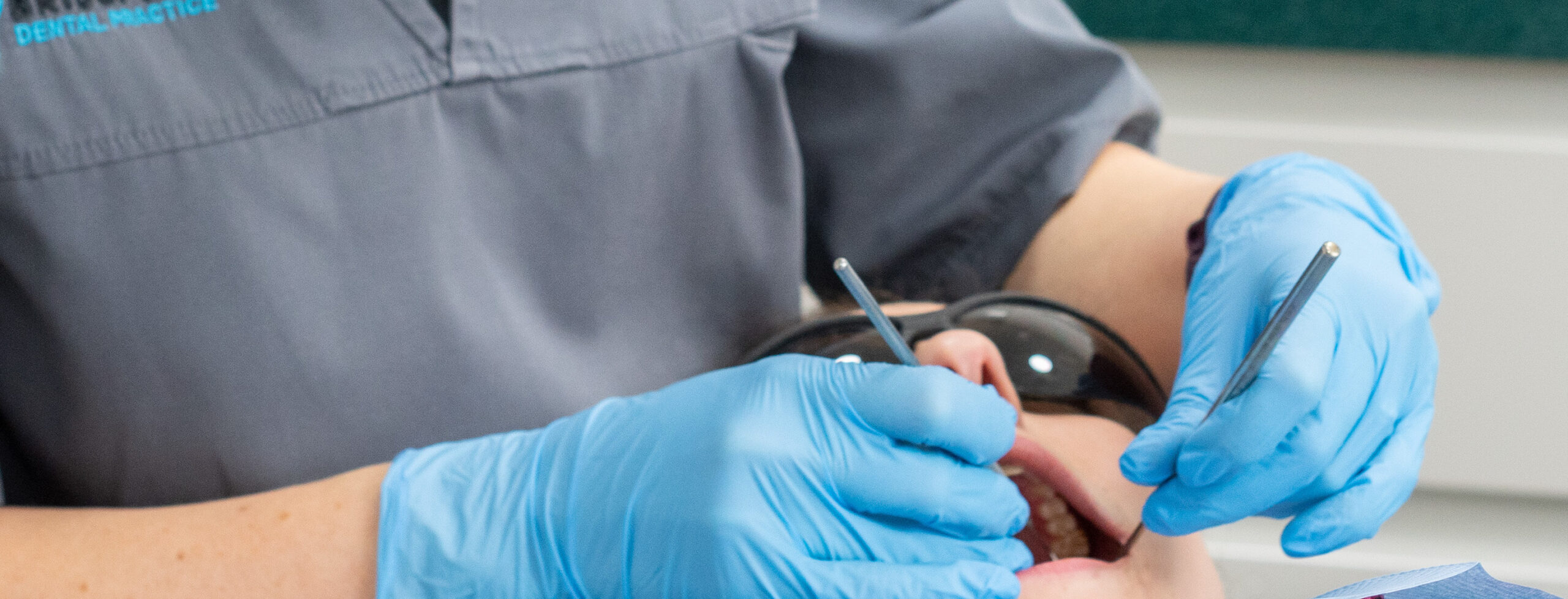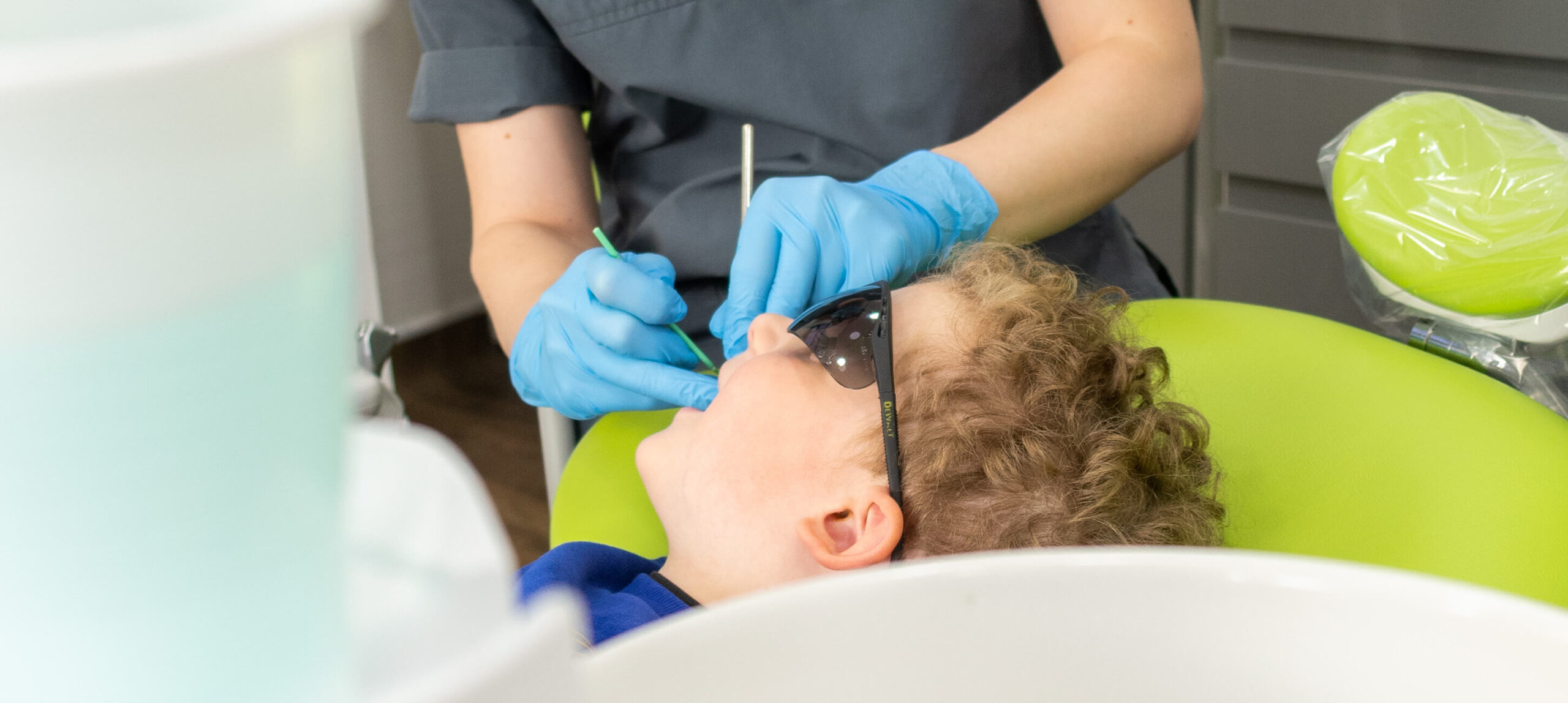Your hygienist will ensure you’re utilising proper oral hygiene practices, including twice-daily brushing, flossing, and using mouthwash. Plaque and tartar buildup in your teeth, that can lead to gum disease, will be removed. They will also perform a thorough exam to check for any signs of gum disease, such as bleeding or inflammation. If gum disease is detected, your hygienist will work with the dentist to develop a treatment plan, which may include deep cleaning, scaling and root planing, or medication.
Bad breath, also known as halitosis, can be quite an embarrassing problem for many people. The first step in treating bad breath is identifying the cause. Your hygienist will examine your mouth to check for any signs of gum disease, tooth decay, or other dental issues. If any problems are found, your hygienist will recommend a treatment plan to address them. In addition to treating any underlying dental problems, your hygienist will also professionally clean your teeth and gums to remove any bacteria or plaque that may be causing bad breath.
While some patients may experience slight discomfort during hygiene procedures, they are generally not painful. The dental hygienist or dentist will use specialised tools and techniques to minimise discomfort and ensure that the procedure is as comfortable as possible.
Generally, it is recommended to visit a dental hygienist every six months for a routine cleaning and check-up. Some people may need to visit more frequently due to specific dental issues or a history of gum disease. On the other hand, individuals with excellent oral health may only need to visit once a year.














